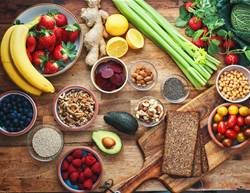It’s no secret that poor nutrition can negatively impact your health. According to Eat For Health, the purpose of a healthy diet is to improve quality of life and general wellbeing and protect yourself against chronic diseases.
So what exactly does a healthy diet entail?
“A healthy diet is one full of products sold by the pound with lots of fresh produce, fruits and grains,” says cardiologist Dr Francisco Lopez-Jimenez. “A healthy diet is rich in nuts, good vegetable oils, legumes and whole grains, with only small amounts of animal products, except for dairy and fish.”
To help you create a balanced diet, we reached out to different doctors (cardiologists, GPs, dermatologists and an oncologist) to find out which foods they wish their patients would cut from their diets to help them live healthier, longer lives. Here are 13 foods and drinks you should consider giving up.
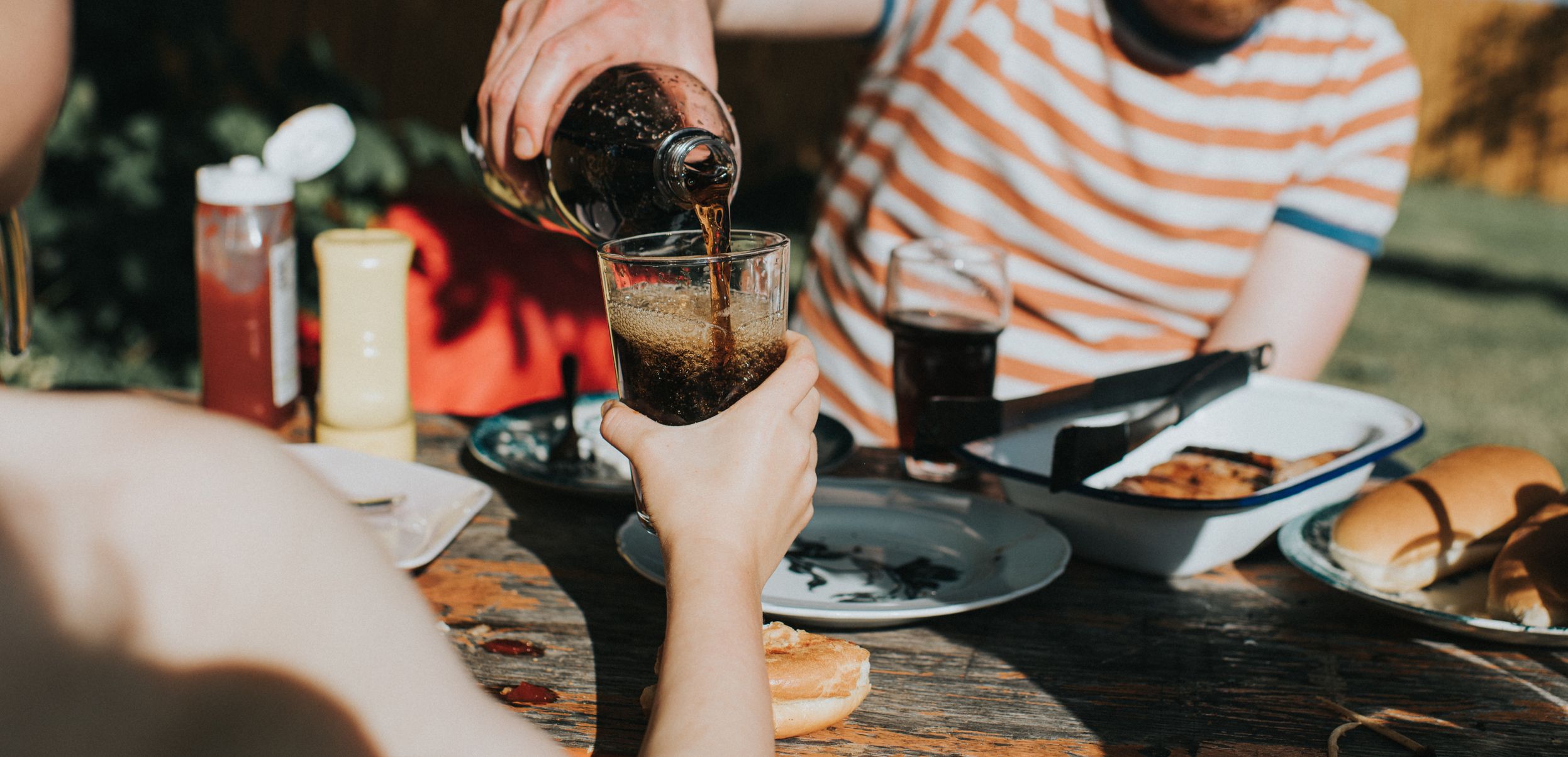
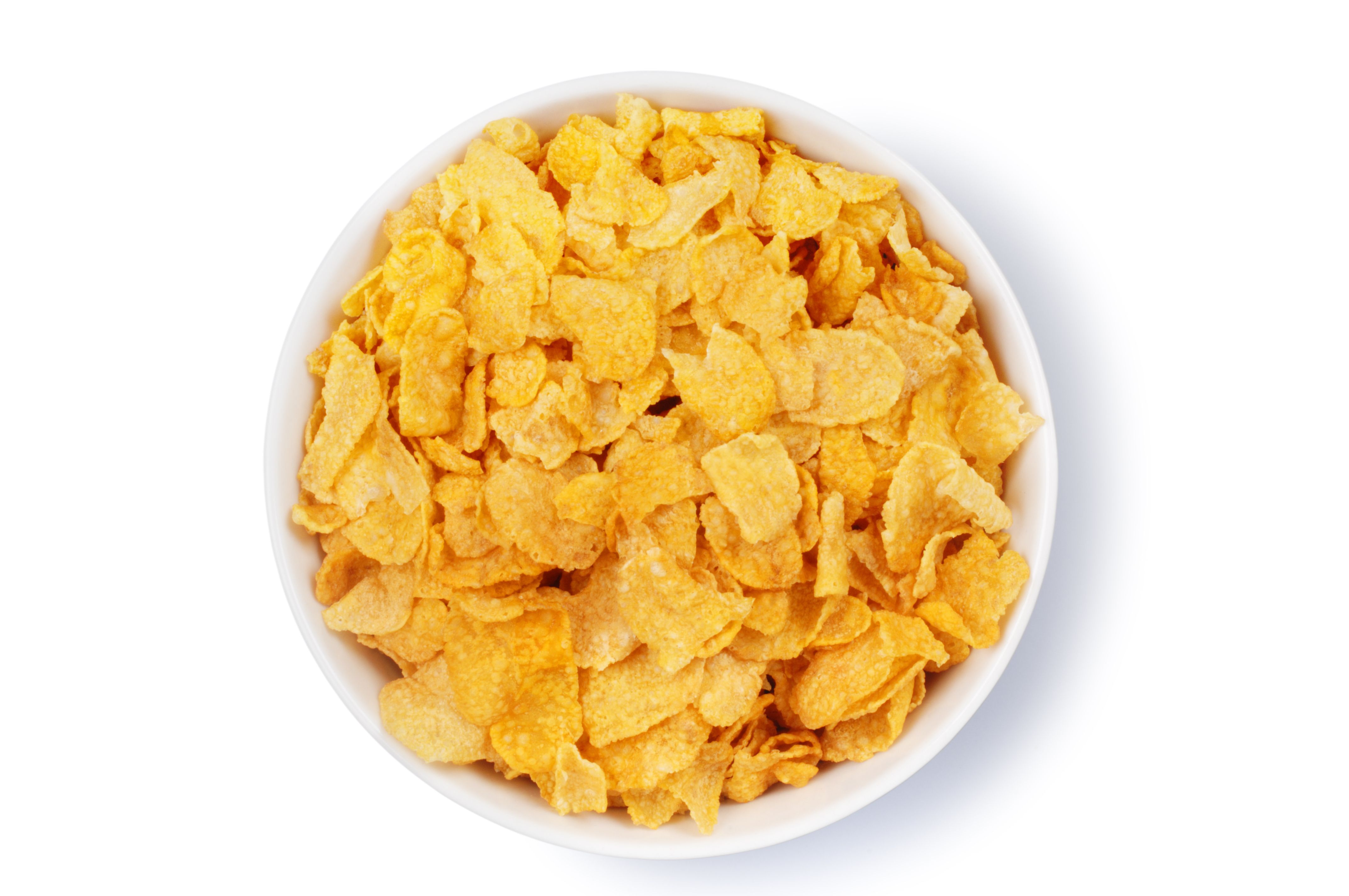
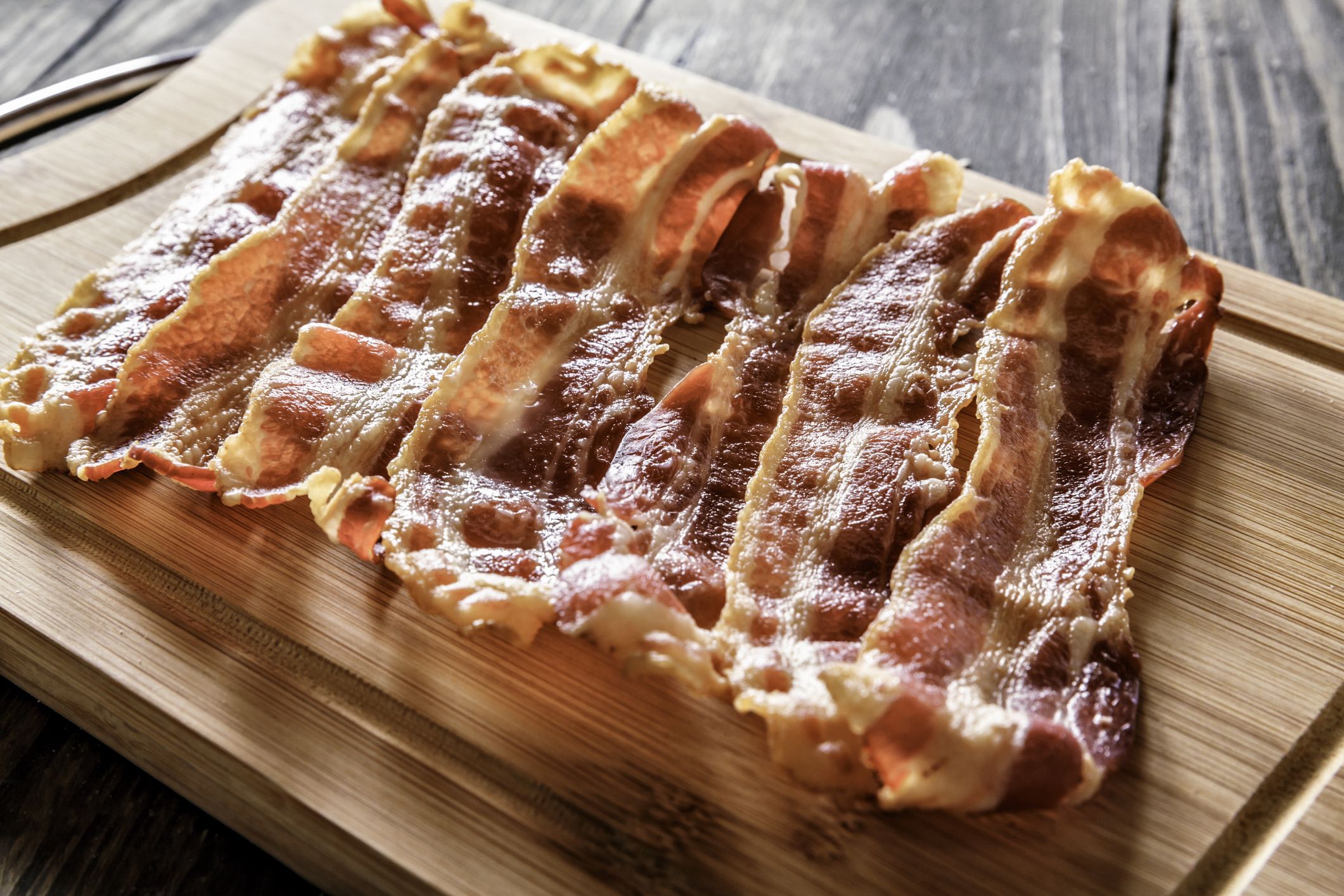
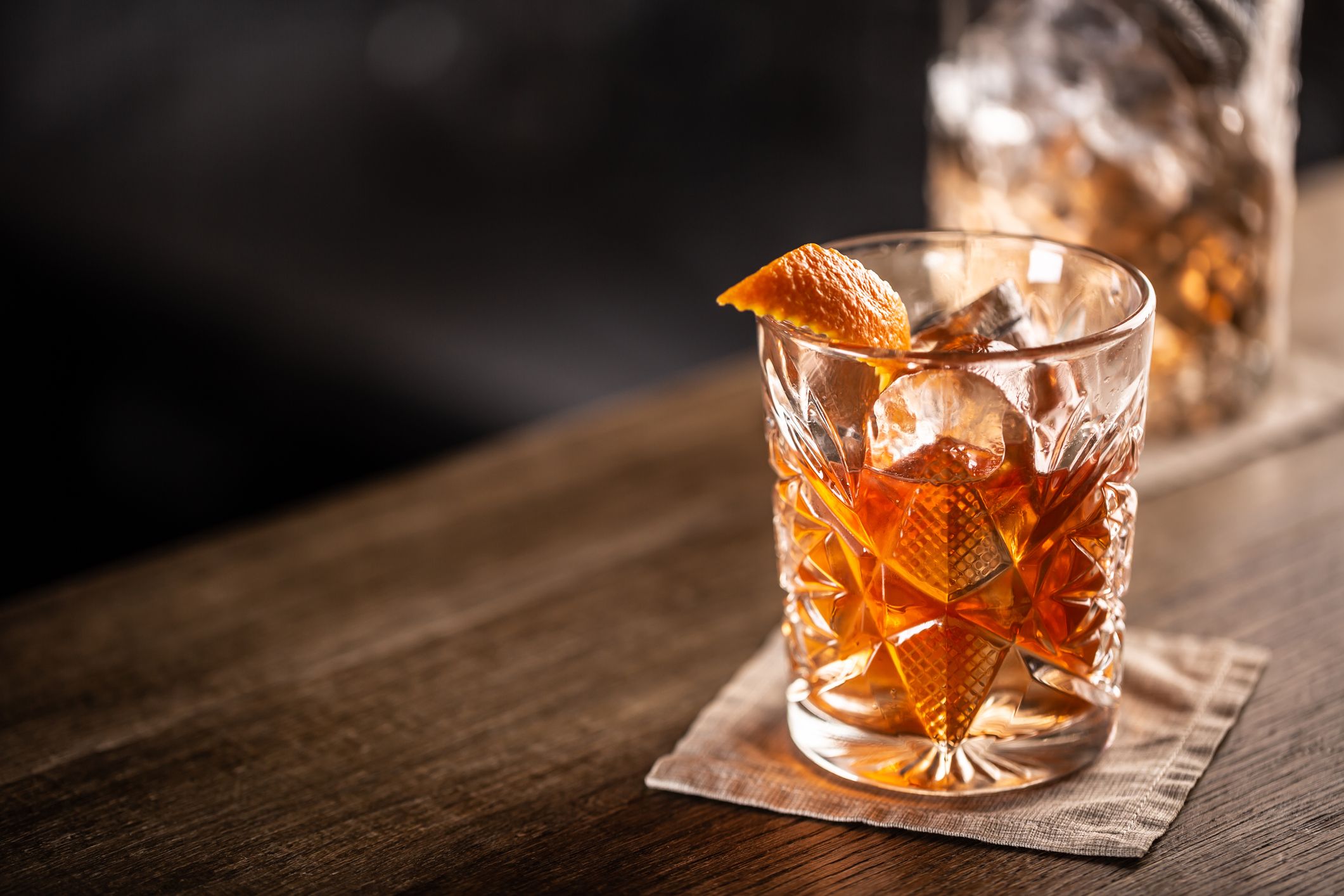
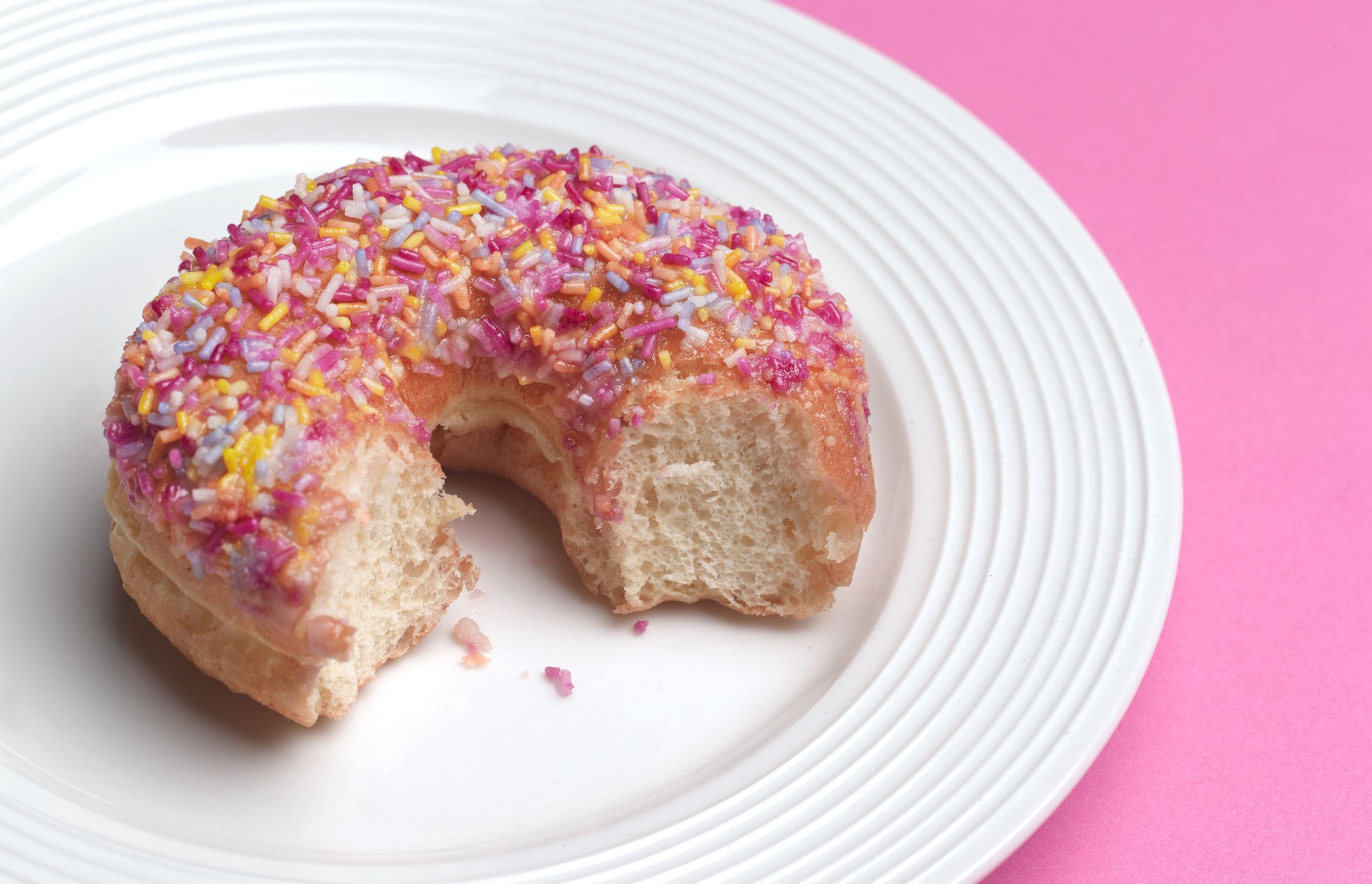
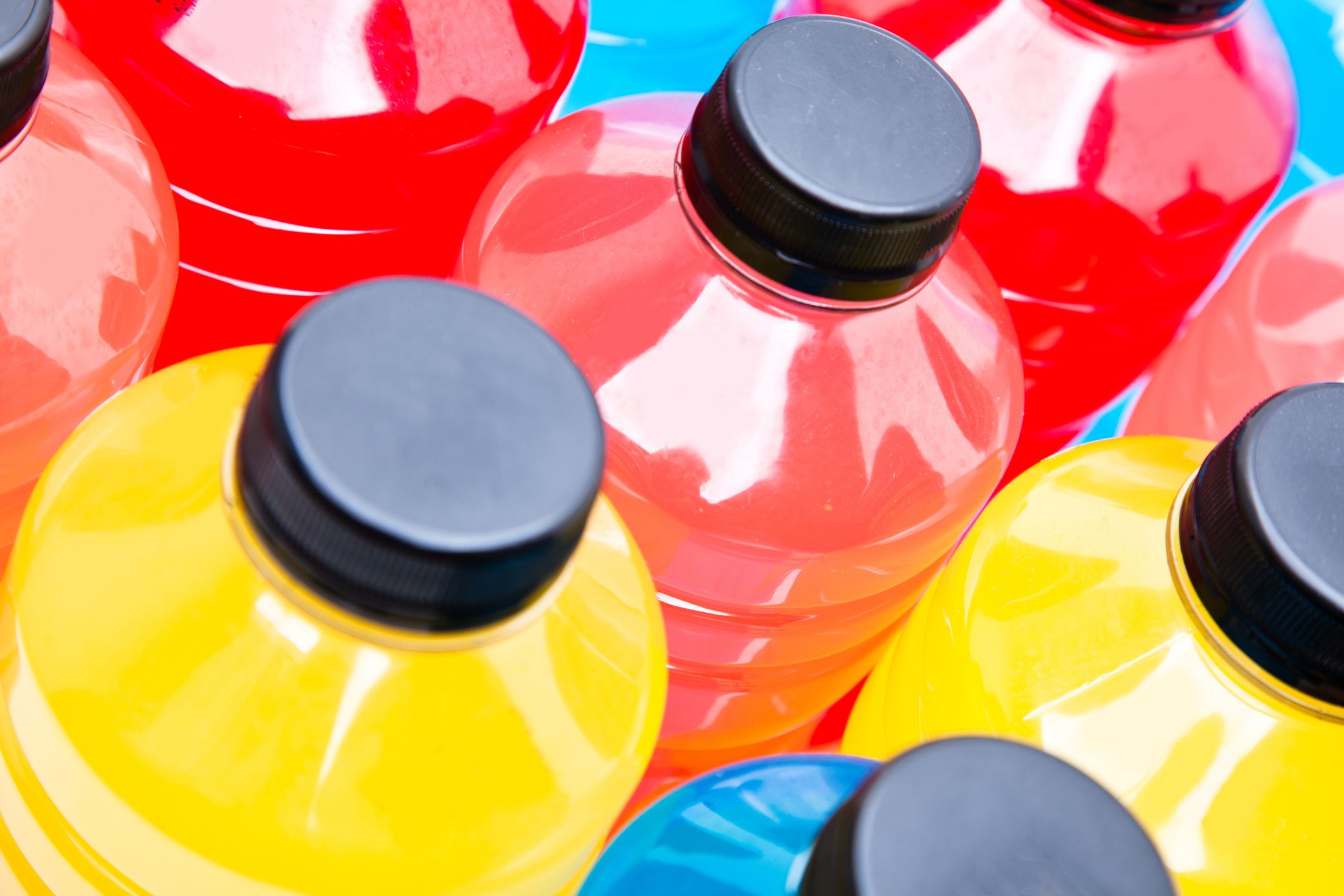
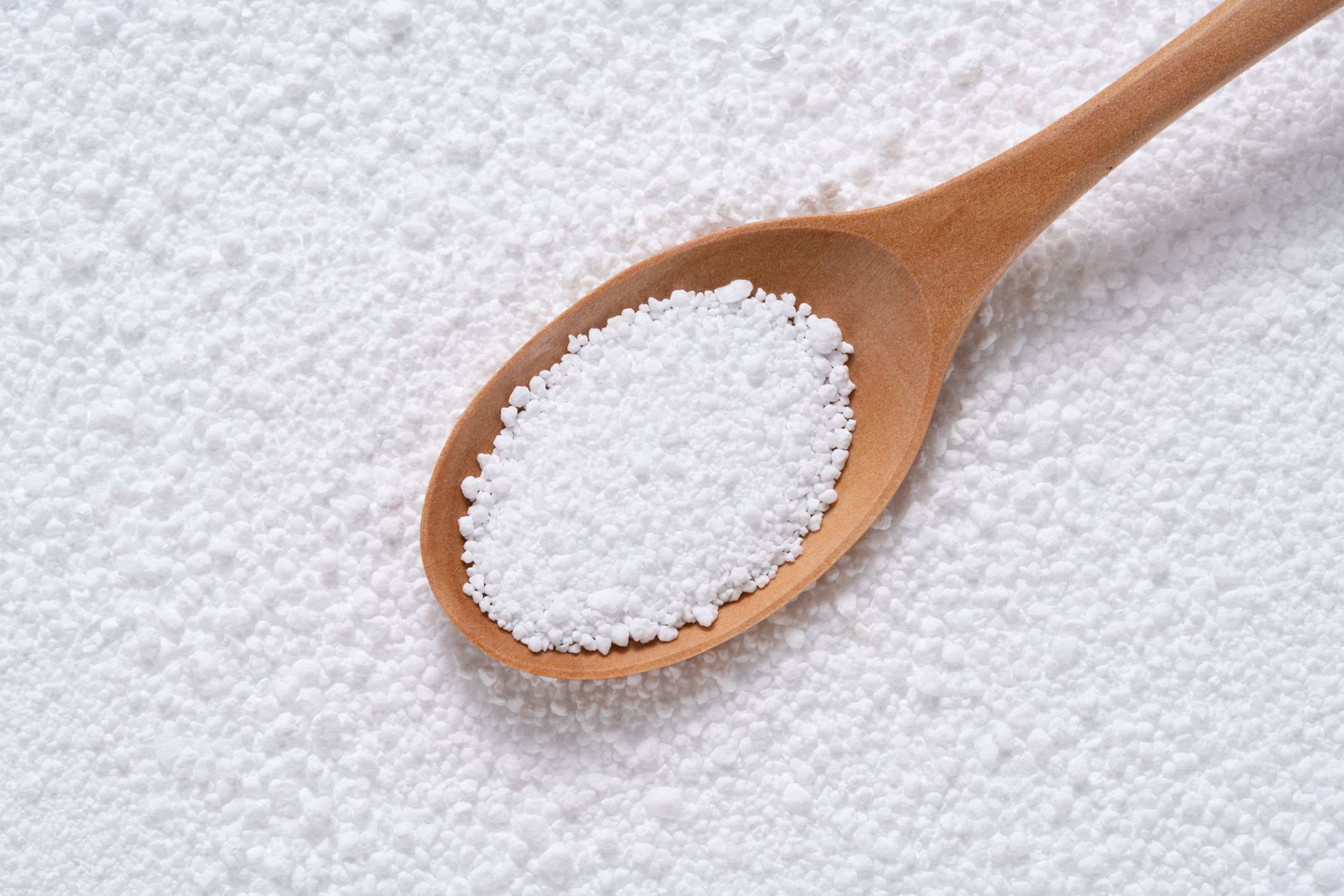
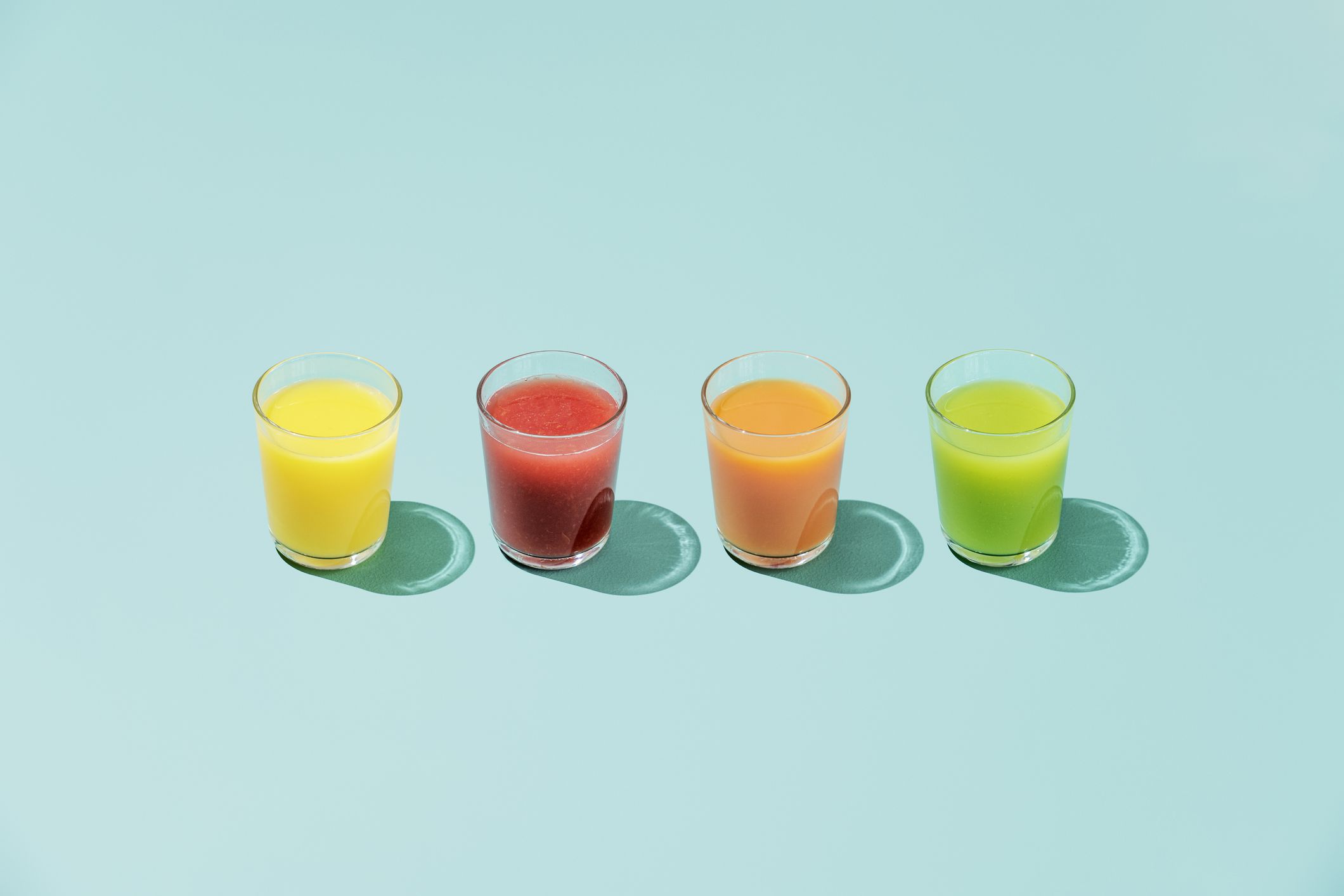
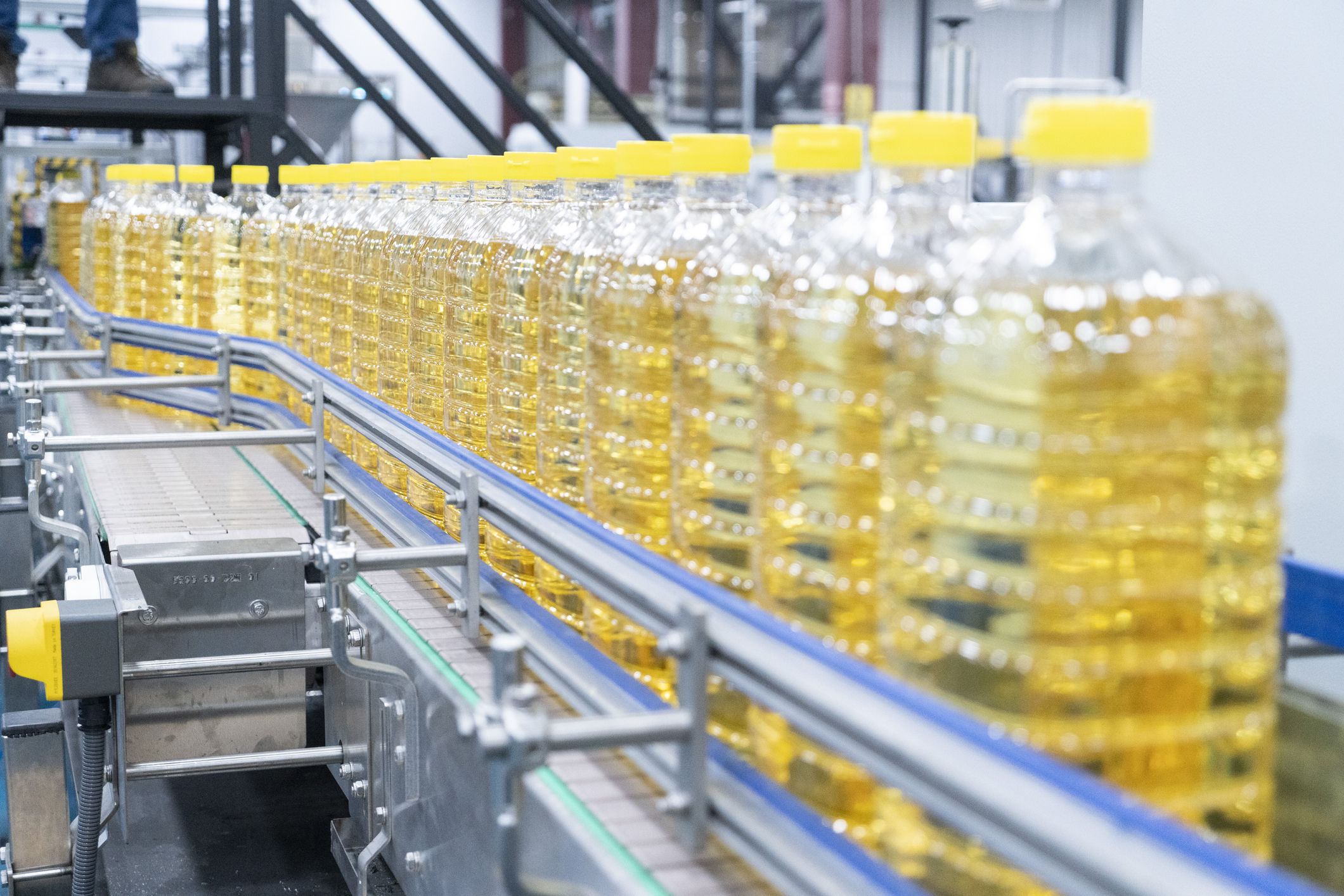

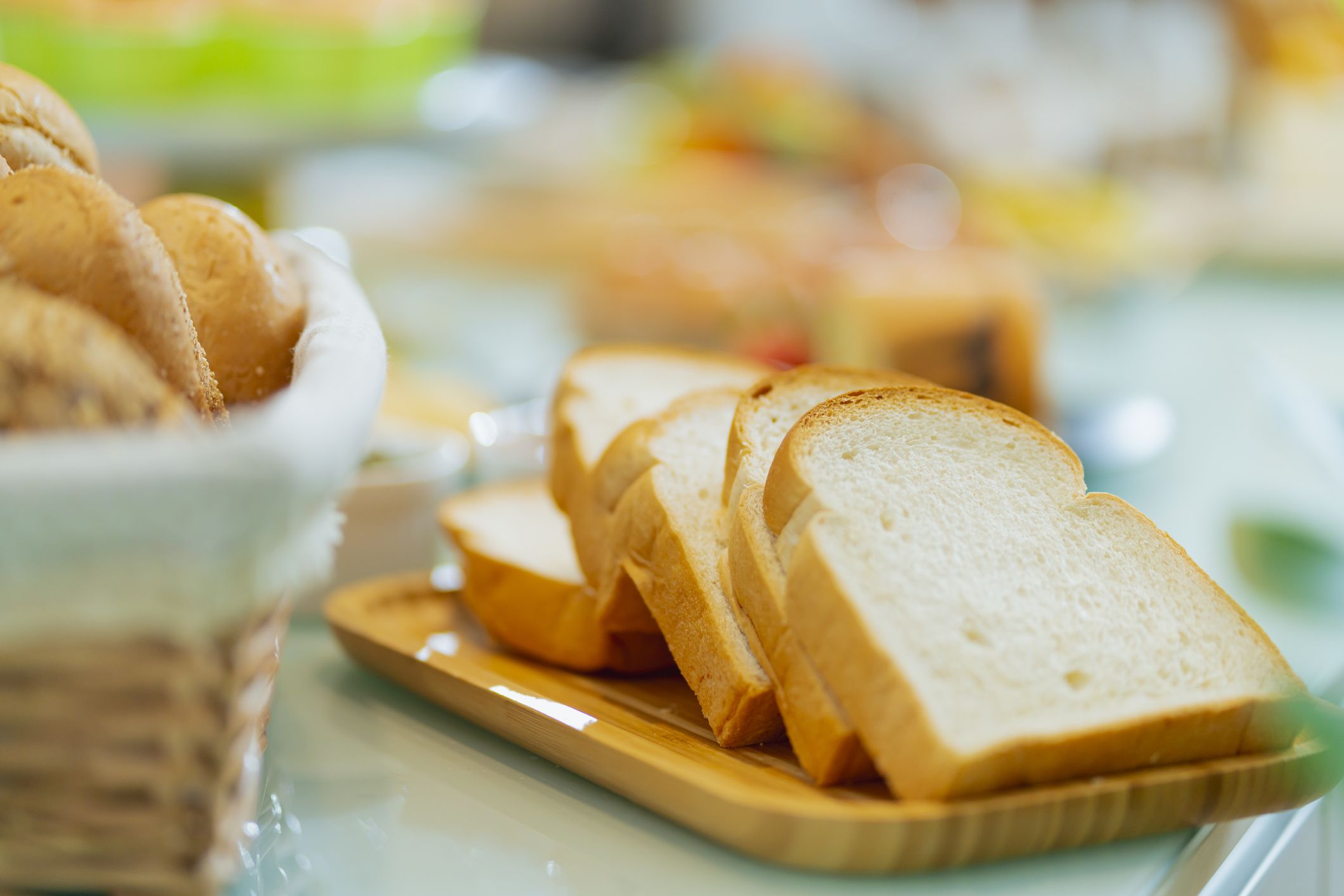
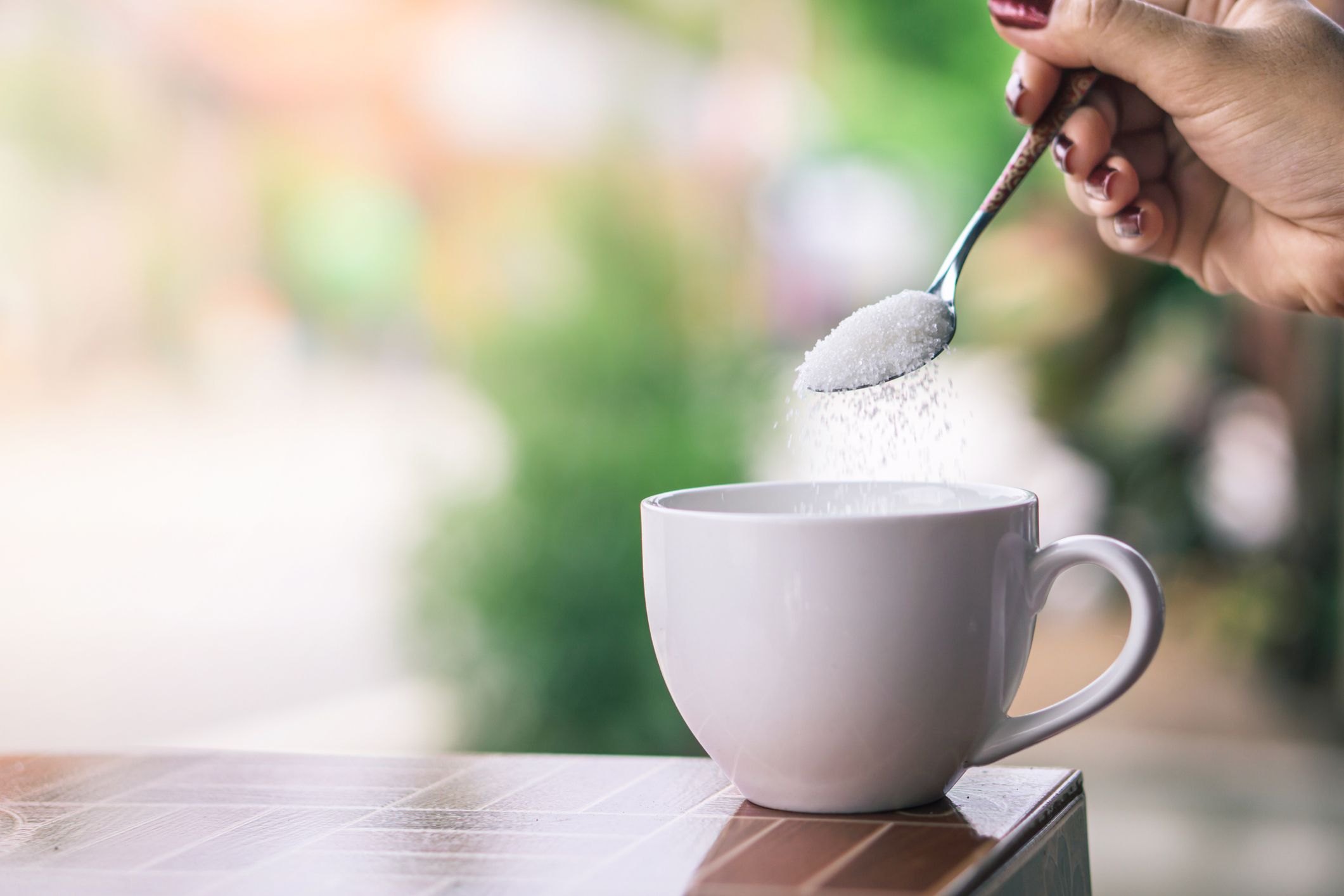
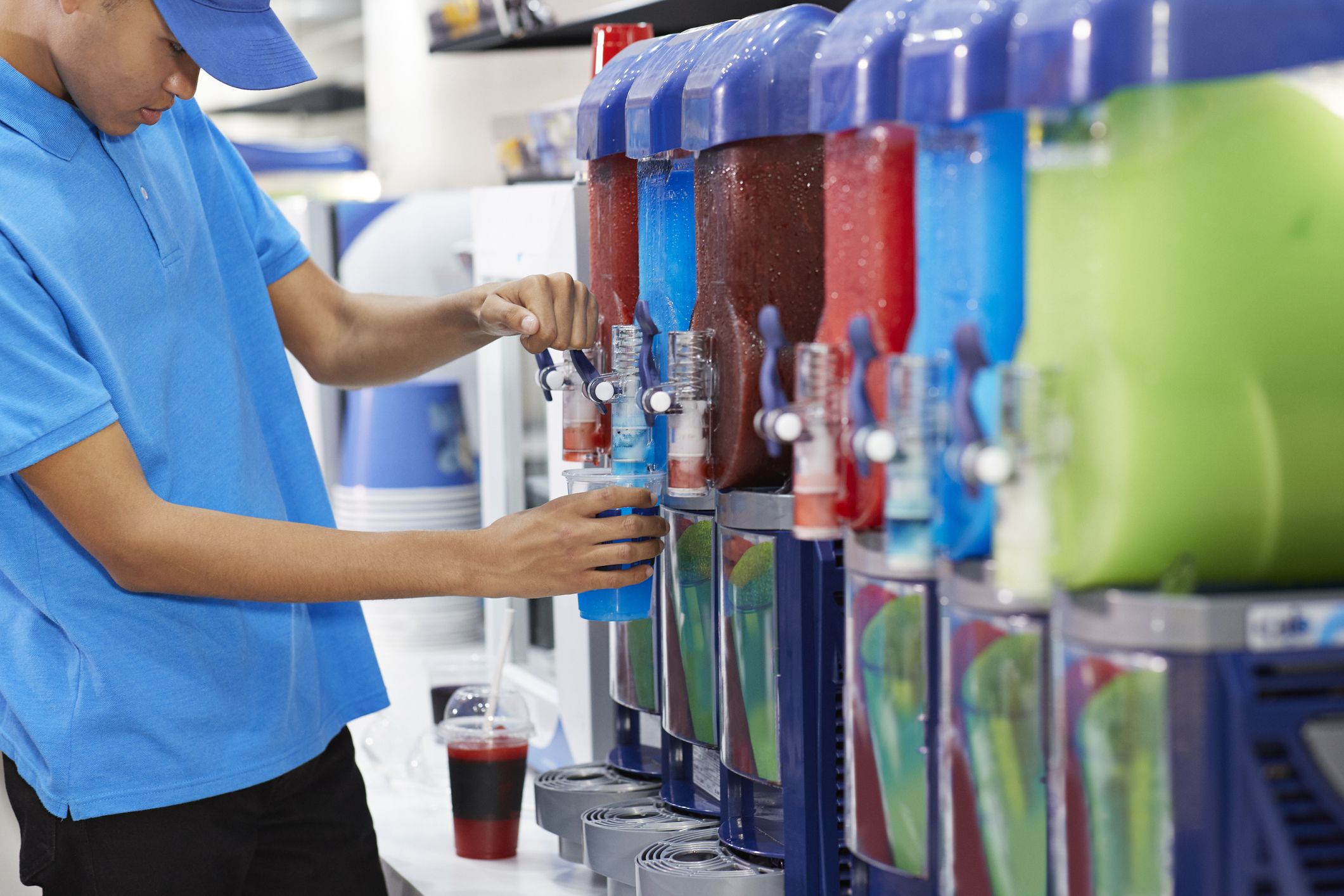
Peter Dazeley ©Getty Images
Soft drink
A fizzy drink may quench your thirst, but it’s one of the worst drinks for your overall health.
“Whether regular or diet, caffeinated or not, soft drink delivers no beneficial nutrients and only potentially harmful additives,” says cardiologist Dr Elizabeth Klodas. “And non-nutritive sweeteners are not neutral. They mess with our gut microbiome which can lead to insulin dysregulation. Stick with water.”
Peter Dazeley ©Getty Images
Breakfast cereals
Pouring yourself a big bowl of cereal to start the day is a bad idea if you’re concerned about your metabolic health.
“Foods with processed flour include most breakfast cereals, refined grains, breads, crackers, and baked goods,” says GP Dr Mark Cucuzzella. “Processed or refined flour (even those which claim to be whole-grain) have an incredibly high glycemic index which will dramatically raise blood sugar. Over time the constant high and low blood sugar can lead to disordered metabolism and eating patterns that contribute to obesity and insulin resistance.”
Peter Dazeley ©Getty Images
Processed meats
If you’re a fan of lunch meats, bacon, sausages or hot dogs, these foods may be doing more harm than good for your heart.
“Many studies have shown their toll on health and increasing the risk for heart disease,” says Dr Lopez-Jimenez. “Many of the substances used in the process to preserve meat have been shown to increase the risk for cancer, hypertension and other health conditions.”
Peter Dazeley ©Getty Images
Alcohol
For cancer patients, avoiding alcohol is crucial to keep the body strong during treatments.
“The goal during cancer treatment is to build and maintain one’s body to best handle the taxing effect of the cancer itself and the treatments administered to fight it,” says Dr Bhandari. “Alcohol’s role negates these goals and makes it even more difficult for the body and mind to remain balanced and on the uphill road to recovery and strength.”
Peter Dazeley ©Getty Images
Trans fats
According to Food Standards Australia and New Zealand, artificial trans fatty acids are created when hydrogen is added to liquid vegetable oils to make them more solid.
“They have no nutritional value and they are literally poisonous. Small amounts of trans fats can increase the risk for cardiovascular disease significantly,” says Dr Lopez-Jimenez. “They usually come in the form of partially hydrogenated fats and may be present in bakery, microwave-popcorn and other foods. Frying food may convert good oils into trans fats.”
Peter Dazeley ©Getty Images
Sports drinks
While sipping on sports drinks can replenish your electrolytes, they are loaded with sugar.
“Sports drinks contain a large amount of fructose which can only be metabolised by our livers and our livers have no capacity to deal with large amounts of free fructose,” says Dr Cucuzzella. “Over time this creates a fatty liver, which is at the root of insulin resistance.”
Peter Dazeley ©Getty Images
Artificial sweeteners
You may be avoiding kilojoules by choosing an artificial sweetener like aspartame or Splenda, but it can mess with your hormones.
“Artificial sweeteners have been shown to be able to affect our hormones in the same way as sugar, so therefore they may also contribute to acne,” says Dr King.
Peter Dazeley ©Getty Images
Juice
While you may think 100% fruit juice is healthy, it can spike your blood sugar and removes one of fruit’s greatest benefits: fibre.
“Juicing might not remove vitamins or phytochemicals, but it does remove fibre. That means you’re turning the perfect food into something more like sugary soda in terms of the biochemical effects on our metabolism,” says Dr Klodas. “Eat the fruit/vegetable not the juice. Or make a smoothie.”
Peter Dazeley ©Getty Images
Refined vegetable oils
Refined vegetable oils are used for repeated frying, and are often used in restaurants.
“These processed oils are damaged during the repeated heating process which can create oxidative stress in the liver and when compared to natural fats such as real butter, olive oil, are fats contained within natural plant and animal products they are the less desirable option,” says Dr Cucuzzella.
Peter Dazeley ©Getty Images
Take away
Ordering out from your favourite restaurant may be convenient, but your favourite dish may have terrible consequences for your health.
“When you purchase ready-made food, you have far less control over portion size or how much salt, sugar and fat have been added. This can all mess with your blood pressure, cholesterol levels and waistline,” says Dr Klodas. “We all have time constraints and need to order out from time to time. Just make this the exception, not the rule.”
Peter Dazeley ©Getty Images
Processed white bread
Skip the loaf of pre-sliced white bread during your next grocery trip.
“There is minimal nutritional value in processed white bread (the one that comes in packages),” says Dr Lopez-Jimenez. “They have little or no fibre, and a lot of the nutrients have been taken away by the wheat bleaching process.”
Peter Dazeley ©Getty Images
Sugar
Who doesn’t love some sweetness? But if you’re trying to get younger skin, it may be hurting your efforts.
“Excess sugar molecules bond to collagen and elastin through a process named glycation, resulting in AGEs, or advanced glycation end products. This process ultimately causes the collagen and elastin fibers to lose their strength and flexibility, contributing to ageing of the skin,” says Dr King. “These cross-linked proteins known as AGEs have been shown to be directly related to loss of elasticity and firmness in the skin.”
Peter Dazeley ©Getty Images
Frozen sweet drinks
While they might cool you down, they’ll also deceptively pump you full of sugar.
“They have insane amounts of sugar, but they may not taste too sweet because of the low temperatures,” says Dr Lopez-Jimenez. “A slushie or a frozen coffee drink could have 80 grams of sugar or more. That’s 20 teaspoons of sugar in a single drink!”




.jpg&h=90&w=90&c=1&s=1)




